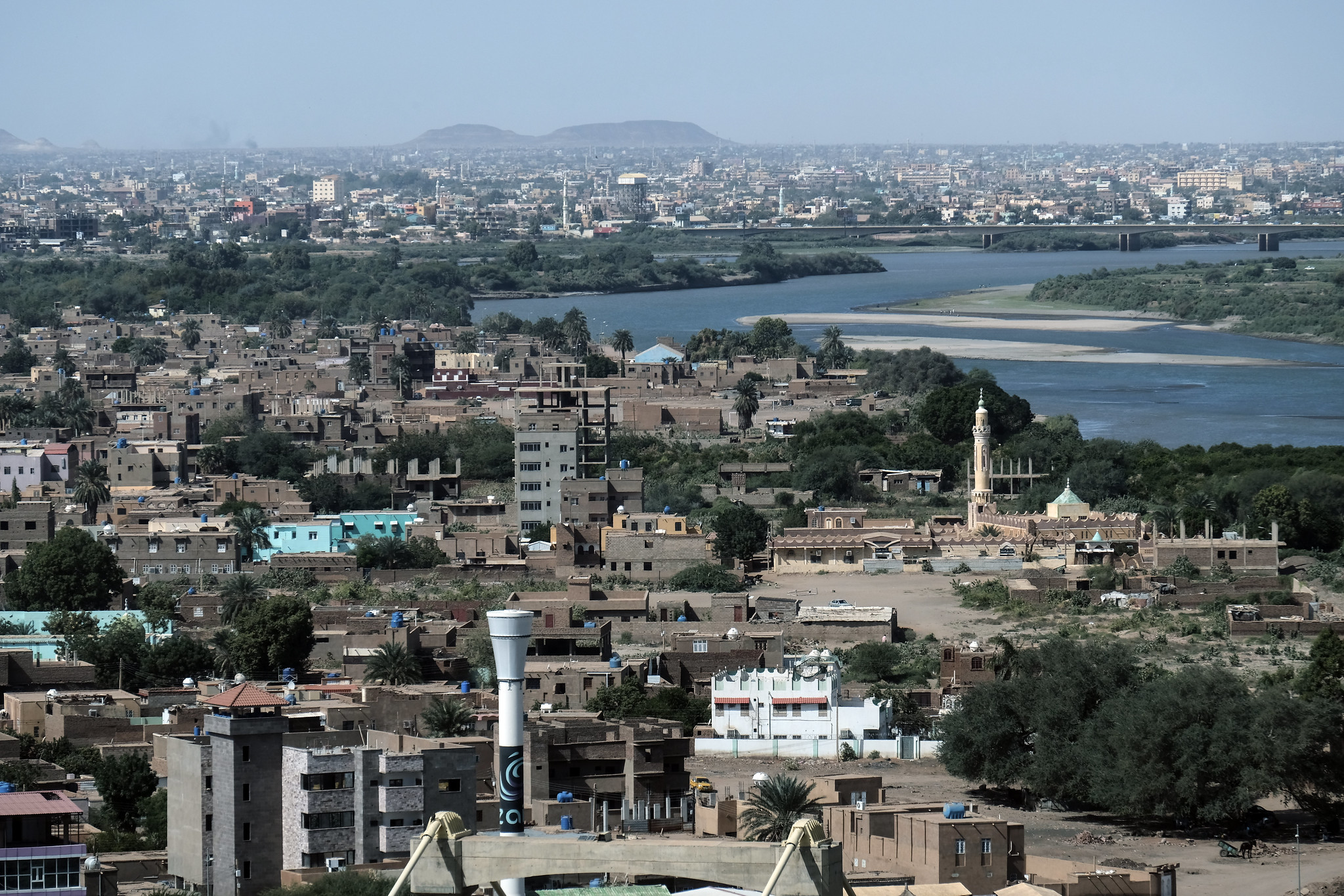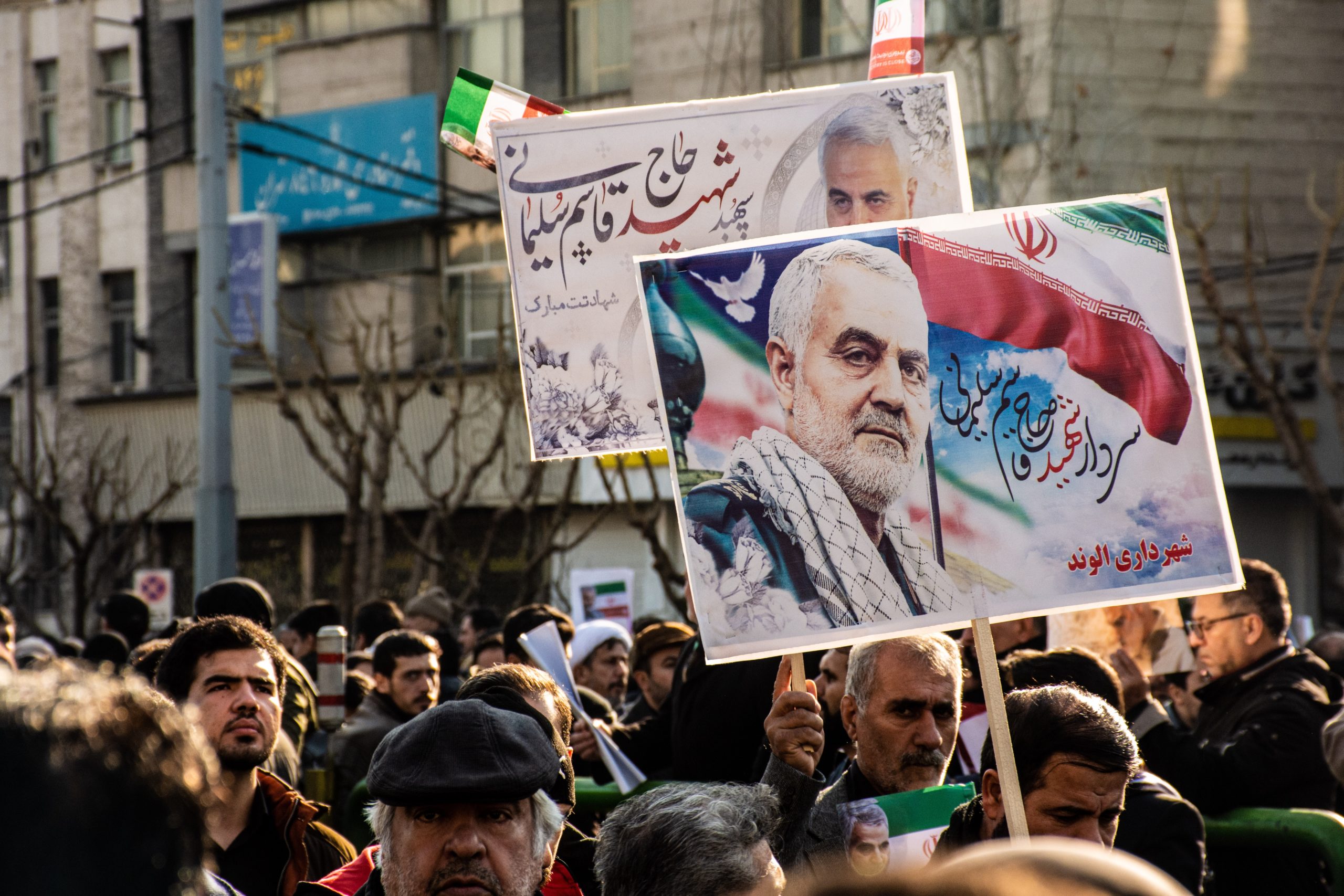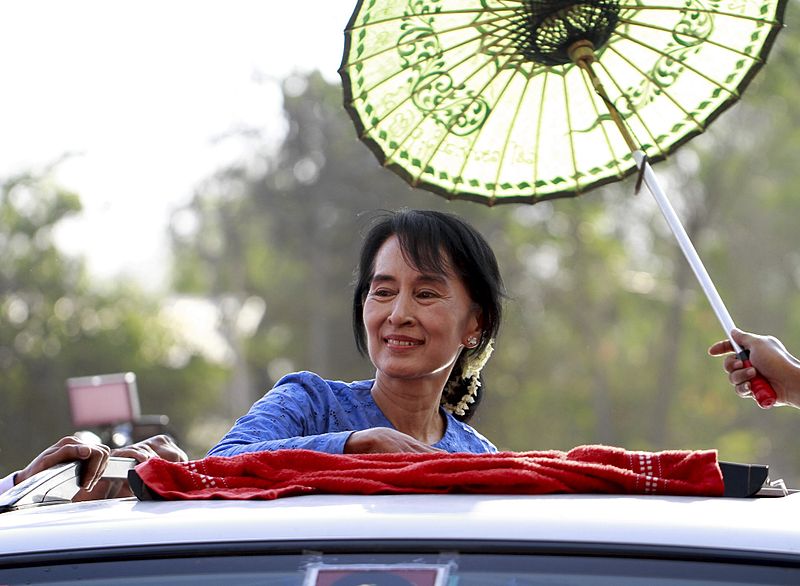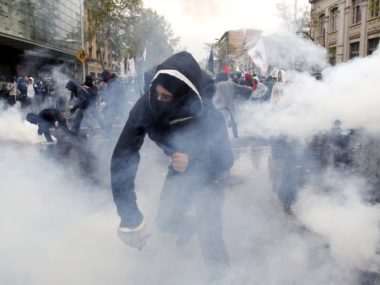Fittingly, I was in Budapest when Egypt’s democracy started to come to an end. Why is this fitting? Because the tide of democracy can be reversed in spots, if not all over the world, and Hungary preceded Egypt in backtracking. Hungary’s democracy has been eroded by those who won the election and then revised the rules quite significantly. I am no expert on Egypt, but it seems like the risk of this happening there was, well, pre-empted by tossing the rules aside entirely via military coup.
To be clear, a popular military coup is still a military coup (also see here). Indeed, what made this coup less coup-ish was not that the public seemed to favor it but that it was no surprise at all. Most successful coups involve fragments of a military trying to seize power quickly before anyone can react, forcing the first use of force decision to be in the hands of opponents to the government. In this case, well, not so much.
Political scientists can debate what makes a democracy a democracy and all that in very specific and some arcane ways, but two essential elements that are related are key: one has to accept losing and one cannot play with the rules too much. I am not a big fan of the Muslim Brotherhood, but in a democracy, one has to deal with reality that your party, whatever it is, is going to lose much of the time. Trying to avoid that fate is natural, but changing the rules to do so is a bad idea. That millions of Egyptians are cheering the coup — well, that is disturbing indeed. On the other hand, the coup happened in part, as far as I can tell, as the government was not so constrained by the rules of the system. Which poses dangers of another kind.
What makes a democracy mature is when its politicians accept both the rules of the system and the reality that one is going to lose some of the time — in elections, in votes over legislation, and even over rulings by the Courts. Everyone in the US could be displeased last week, as the Supreme Court ruled in ways where some folks won some battles but lost others — that the Voting Rights Act was stripped of much of its relevance while gays and lesbians won a huge battle at the federal level. One can work within the system to blunt the impact of whichever decision one finds problematic, but thus far no one has called out the military to adjudicate this stuff, just as the US military did not come into play during the contested election in 2000.
Up here in Canada, I have gotten some pushback on Twitter and elsewhere for my post criticizing arguments about Canada’s petro-state-ness. My key assertion is that Canada is not a petro-state like the way such places are commonly conceived — that Canada’s stances on oil are subject not just to votes in parliament and decisions by the Supreme Court of Canada but also in the next set of elections. Which apparently will be contested. When we think of petro-states, we think of places where there are weak societies that cannot counter authoritarian states; Saudi Arabia comes to mind. Canada is not that — there will be an election in a couple of years, the Conservatives seem to be facing more competition than I would have guessed, and the politics and process will have implications for how Canada harvests its mineral wealth. If the people vote for more of the same, well, that sucks for the environmentalists, but democracy means that people lose. Respect for democracy means that the winners treat the losers decently. That does not always happen, of course. But in mature democracies, the prospect of being a loser at some point usually constrains the winners to a degree. That and the rules of the system.
Democracy is not perfect — it is just better than the alternatives (I am citing Churchill a lot lately). I am not sure Egypt was especially democratic last week, but it is certainly not today and will not be as long as the guys in uniforms rule.







0 comments
And one more thing: a country, such as the US, can avoid calling the coup a coup for the purposes of dodging inconvenient legislative requirements, but that does not make the coup any less of a coup. Remember when the US called the stuff in Rwanda in 1994 genocidal events but not genocide itself?
I believe it is more complicated that this; you begin to uncover the antithesis when you observed that democracies mean also that the winners must treat the losers well. In a democracy *that remains a democracy* the winners must contemplate being losers, but when the winners seek to use the levers of power to entrench themselves or their ideology then they do not need to heed this fear.
Morsi appears to have had little respect for the fledgling democratic structures of Egypt, and far from wanting to reinforce or flesh out those structures was actively undermining them. While the coup is not a good result and democracy may not emerge from the aftermath, it also appears that democracy as such was not going to be the outcome of an extended Morsi presidency- perhaps something like the Iranian democracy, where unaccountable religious leaders use censorship, manipulation of electoral eligibility, and tacit acceptance of paramilitary violence to control the ostensibly democratic structures.
That is, the coup is not good, but perhaps it is best. Democracy cannot exist in a state where one of the leading parties seeks to destroy it at their first opportunity.
On the other hand, maybe this is wrong & the coup does more harm to democracy than the Morsi presidency was doing. Perhaps Morsi and his allies only meant to put a thumb on the scale rather than an entire hand… nevertheless, I think that this aspect of the problem needs to be weighed in the balance. Not all revolutions are bad ones.